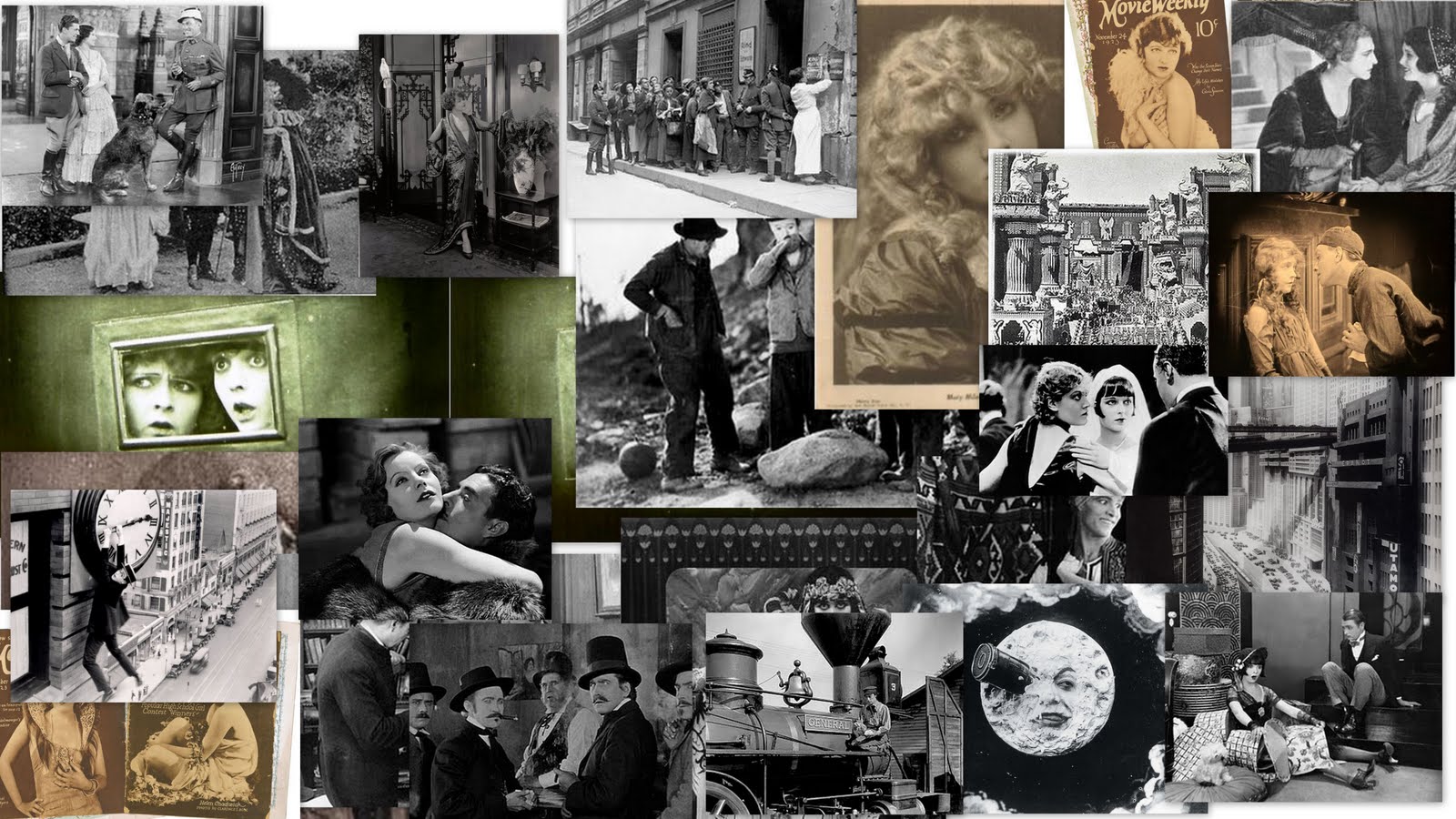In this film we can already see the situational comedies by Hal Roach studios at their full splendor with all typical elements: slower pace compared with slapstick comedies (specially those produced by rival Keystone studios in the 1910s), a focus on realistic situations in more sophisticated settings, witty intertitles. One of most common subject matters of Hal Roach films
A young Stan Laurel plays the role of a janitor in rather average gags and this film does not really indicate he would become a start less than a decade later.
There is a mention to a “vampire” and we can’t help remembering Theda Bara, who reached the peak of her short-lived popularity back to 1910s by playing the role of mysterious vamps, who seduced men, wrecked their marriages and brought them to ruin and misery. Of course a “faithless husband” (who is dressed up in a fairly sophisticated way, which leads the audience think he might be a wealthy man) falls prey to her seductiveness. Well, she is not as seductive as she could be and the parody of the screen vamp generates some funny gags, like when the vamp is rather to kiss the unfaithful husband, she ends up sneezing.
The janitor causes a plenty of embarrassments with his vacuum cleaner while he is cleaning the hall in a hotel, specially when he accidentally vacuums the dress of a young lady.
After a while, the husband is caught in the act with the vamp by his wife and she claims she is going to shoot both him and the vamp. The janitor hears the noise of a shot, enters the room. Meanwhile, the vamps trying to defend herself by throwing a vase on the enraged wife, but ends up hitting the janitor instead.
After another incident, the unfaithful husband realized the vamp was flirting with another man right under his nose. He realizes he was wasting his marriage with a good woman and decides to reconcile with his wife, to the amazement of the janitor, who had just witnessed the wife about to shoot her husband.
